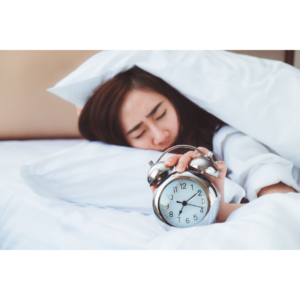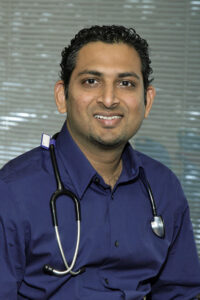Tips from the Medical Director of Northern Westchester Hospital’s Center for Sleep Medicine
On Sunday, November 7th, at 2 a.m., clocks will be turned one hour back as we change from daylight savings to standard time. Falling back, means means when the clock reads 10 a.m. on Sunday morning, your brain and body will insist that it is really 11 a.m.

“‘Gaining’ an hour in the fall is much easier for our bodies than ‘losing’ an hour in the spring,” says Dr. Praveen Rudraraju, medical director of the Center for Sleep Medicine at Northern Westchester Hospital in Mt. Kisco, NY. “Even so, one trick that helps some people is changing one clock on Friday, and eating, sleeping and waking up one hour later. By Monday, you will be adjusted to the time change.”
Though one hour may not seem like much, Dr. Rudraraju says that some people are more affected by the change because they have difficulty adjusting their circadian rhythm– the physical, mental and behavioral changes that follow a 24-hour cycle responding to light and darkness in the environment. By altering the clock, our internal clock goes out of sync with the day-night cycle. He suggests the following tips to help people “fall back” more easily:
- Try to spend time outside during the daytime, if weather permits.
- Dim the lights in the evening, so your body understands that it’s time to wind down.
- Exercise 30 to 40 minutes in bright light (before 5 p.m. daily).
- Don’t drink caffeinated beverages after noon, and eat dinner at least three to five hours before bedtime.
- Limit alcohol to one drink with dinner.
- Stop all computer activity, which provides too much stimulation, an hour before bedtime. Instead, relax by reading, listening to quiet music, or watching TV.
- Stay out of your bedroom until bedtime. If possible, do not work in your bedroom.
- Prepare children for the change by eliminating all foods and beverages with caffeine, including soda and chocolate. These stimulants keep them awake at night.
- If your sleep is really disrupted by the change, try taking melatonin about two hours before you would like to get to sleep. This is available without prescription.
For more information or to make an appointment for a sleep center study, call
914-666-1114.
Advice courtesy of Northern Westchester Hospital

